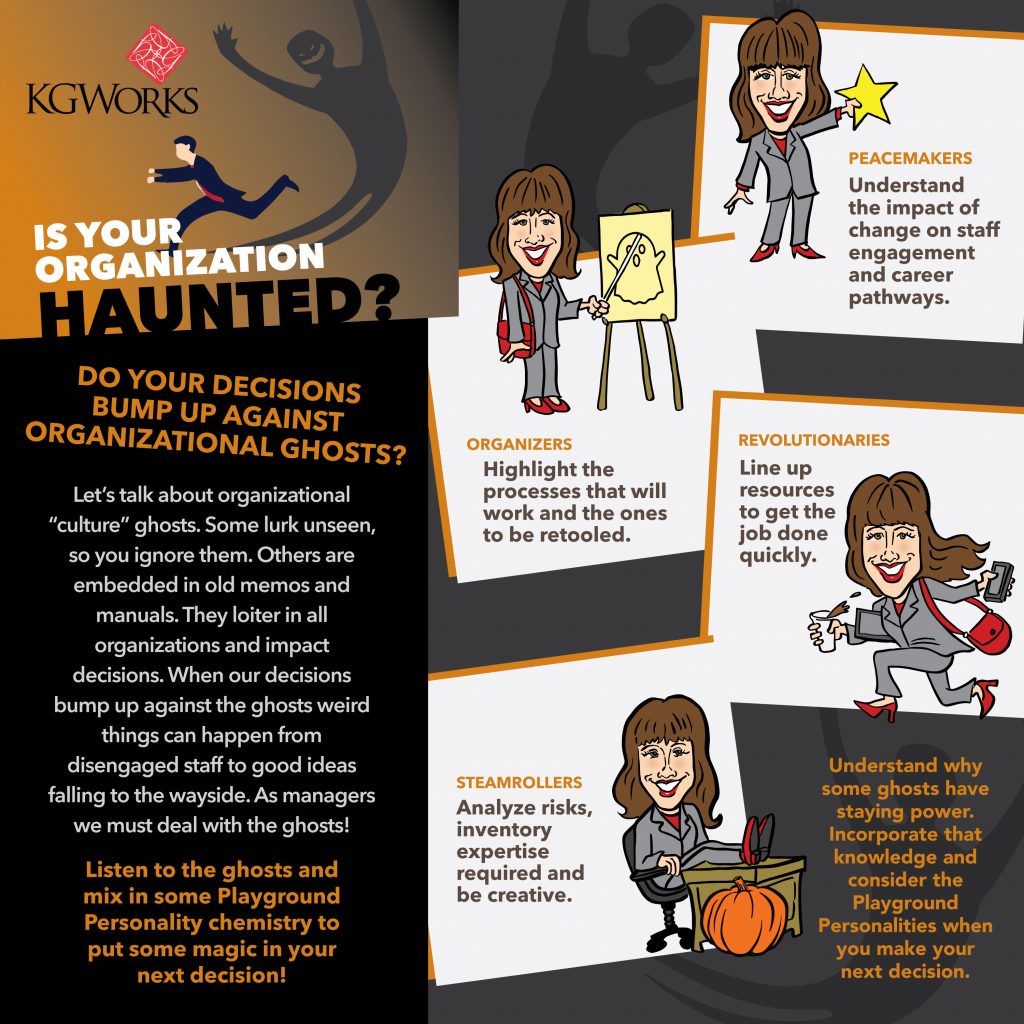Publication 14, Issue 5
Not long ago my Mom—a Peacemaker—telephoned me, pretty upset after a doctor’s—a Steamroller—appointment consultation. She had carpel tunnel syndrome and the surgeon told her, “I can do the surgery, but don’t bother unless you plan on doing the PT afterwards.” She felt the doctor was “unsympathetic and uncaring,” to which I replied, “Actually, he was telling you that he is the man for the job, but unless you’re willing to do the post op therapy, he isn’t going to do the surgery. I’m sure he doesn’t want to risk a failed procedure because the patient didn’t do the follow-up.” She accepted my thoughts, had the surgery, did the post op therapy, and she’s fine.
For me, the moral of the story is if I’m going to have any surgery, I absolutely want the doctor to be the smartest guy in his/her field. That’s why we get second opinions and spend the time going to specialists, right? As an Organizer, it’s easy for me not to personalize a brusque bedside manner and just talk business. But everyone doesn’t roll that way!
When it comes to work—work that doesn’t involve life or death—not everybody has to be the “smartest guy in the room.” We expect people to engage others, offer recommendations to fix problems, build scenarios for different solutions, or do the research on the best approach to a problem, that’s for sure. But we have to learn how to work collaboratively with everyone to solve a problem. Here’s how each Playground Personality© addresses problems:
Peacemakers – work with people they know – trusted advisors.
Organizers – are logical and factual, like a company historian.
Revolutionaries – act like investigators, no question is “off the table.”
Steamrollers – take it on like a complex puzzle and work with other experts.
So with four different approaches to problem solving, a manager can see why this work activity might be tricky. Most people have an inherent longing to be seen as smart; that can complicate problem-solving interactions. What I tell my coaching clients is that getting things done at work is beyond their IQ. Communicating and collaborating with people makes all the difference.
So why do people feel like they have to demonstrate their IQ “creds”?
Peacemakers – do it because they want people to know that they can handle something.
Organizers – do it because from their experiences they know what works and what doesn’t – so why waste time?
Revolutionaries – do it because they want to be the hero.
Steamrollers – do it because they want people to know they are the “expert” in their field.
So with these different approaches to problem solving how does the manager get to the solution? The answer is simple—you need everyone to participate, to weigh in from their point of view. If you don’t, you’ll miss out on an integral part of the solution. Here’s a quick summary:
Ask Peacemakers how something will impact the people.
Ask Organizers how something will impact the process.
Ask Revolutionaries how the company can stay ahead of the issue.
Ask Steamrollers how something is researched when it’s never been done before.
Consider all of the feedback, synthesize it through a work group, make informed assumptions, and launch the journey. Remember, you can always regroup if you have to!

